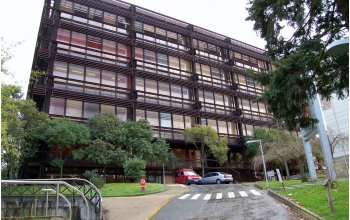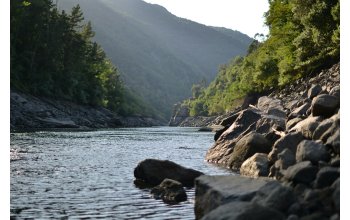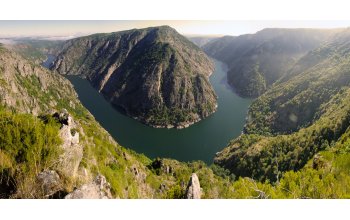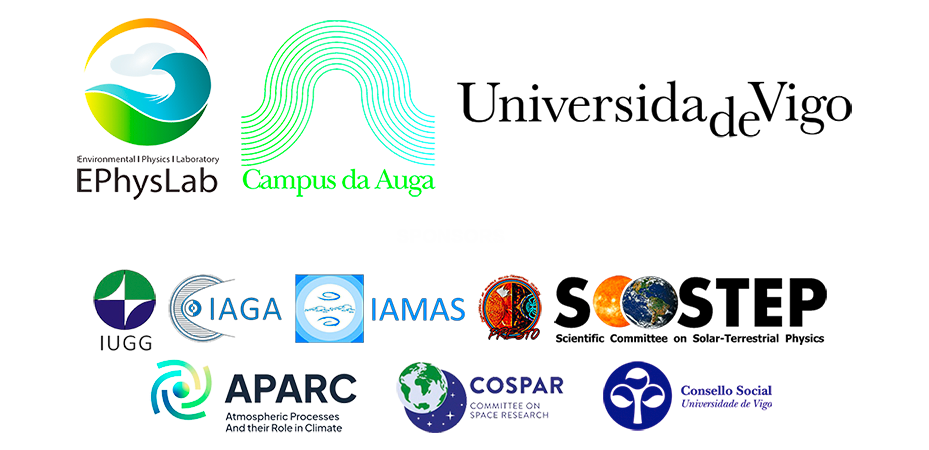Topics
- Long-term variations trends in the middle atmosphere
- Long-term changes and trends in the ionosphere and thermosphere
- Dynamic, physical, chemical, solar, and radiative mechanisms of long-term variations and trends
- Changes in the middle and upper atmosphere and links to satellite navigation and debris
- Miscellaneous
Registration and abstract submission
Important Dates
November 30, 2023: abstract submission, registration and travel support open
March 8, 2024: abstract submission deadline (extended)
March 8, 2024: travel support application deadline
March 15, 2024: draft programme
March 22, 2024: notifications of travel support
March 31, 2024: early bird registration deadline
April 3, 2024: early bird registration deadline
The deadline for abstract submission has expired
To register click here
To register an accompanying person click here
Registration fees are as follows:
- On-site attendance: 350 € Early bird. (After 31st March (included) 400 €) - Includes workshop fee, coffee breaks, lunches, field trip, gala dinner, discount codes for hotels and carbon offset for the workshop
- Accompanying person: 100€ - Includes gala dinner, field trip and coffee breaks
- Online attendance: 75€ - Includes online streaming of the workshop and participation
For more information about the congress you can contact us by e-mail: trends2024@uvigo.es
For the organization of TRENDS2024 we are committed to carbon neutrality. For your participation in the workshop we will offset your carbon footprint by planting chestnut and hazelnut trees in collaboration with the local initiative Leiras de Progo.
Organising committee
Scientific organising committee (SOC)
Liying Qian (Chair), High Altitude Observatory, NCAR, Boulder, CO, USA
Jan Laštovička (Co-Chair), Institute of Atmospheric Physics, Prague, Czech Republic
Juan A. Añel (Co-Chair), EPhysLab, Universidade de Vigo, Spain
Natalia Calvo, Universidad Complutense de Madrid, Spain
Ana G. Elías, Universidad Nacional de Tucumán, Argentina
Franz-Josef Lübken, Leibniz Institute of Atmospheric Physics, Germany
Viktoria Sofieva, Finnish Meteorological Institute, Finland
Laura de la Torre, EPhysLab, Universidade de Vigo, Spain
Xinan Yue, Institute of Geology and Geophysics, Chinese Academy of Sciences, China
Shun-Rong Zhang, MIT, USA
Local organising committee (LOC)
Juan A. Añel (Chair)
Laura de la Torre
Petr Sácha (Charles University, Czech Republic)
Natalia Calvo
Bernd Funke (IAA/CISC, Spain)
Celia Pérez Souto (EPhysLab, Universidade de Vigo, Spain)
Invited Speakers
Jan Lastovicka. Institute of Atmospheric Physics CAS. Scenario of trends in the stratosphere-mesosphere-thermosphere-ionosphere system.
Yong Wei. Institute of Geology and Geophysics, Chinese Academy of Sciences. Korea Ancient Aurora Record and Implications.
Xinan Yue.IGG, Chinese Academy of Sciences, China. Long-Term Evolution of the Ionosphere and Thermosphere During the Holocene.
Ana Elias. Universidad Nacional de Tucumán. Ionospheric F2-region long-term trends.
Shun-Rong Zhang. Massachusetts Institute of Technology. Trends in ion temperature, ion drifts [thermospheric O/N2].
Martin Mlynczak. NASA. Long-term changes from SABER observations.
Erin C. M. Dawkins. NASA. Solar Cycle and Long-Term Trends in the Observed Peak of the Meteor Altitude Distributions by Meteor Radars.
Viktoria Sofieva. Finnish Meteorological Institute. Temperature and chemical composition trends in the MLT.
Ramesh Karanam. British Antarctic Survey. Trends in the middle atmosphere (temperature, tides).
Alfonso Saiz-López. CSIC, Atmospheric Chemistry and Climate group. Trends of short lived chemicals.
Tao Li. University of Science and Technology of China, China. Middle atmosphere long-term variability revealed from merged HALOE and SABER datasets.
Kimberlee Dubé. University of Saskatchewan. Trends and Variability in Stratospheric NOx.
The Venue
Edificio de Facultades, Campus de Ourense

What to visit in Ourense?


Airport connections:
Madrid airport (MAD) + high speed train Madrid-Ourense (2-3 hours depending on the train)
Vigo (VGO) + taxi (50 min) or train (1.5 hours)
Santiago de Compostela (SCQ) + high speed train (30 minutes)
A Coruña (LCG) + high speed train (1 hour)
Oporto (OPO) + car rental or train (time depends on combinations)
* It is necessary to take a local commute by subway, train, bus or shuttle to get from the airports to the railway stations.
Accommodation:
* Hotel Carris Cardenal Quevedo
Address: Rúa Cardenal Quevedo, 28, 32004 Ourense
Phone: + 34 988 37 55 23
Email: cardenalquevedo@carrishoteles.com
* Barceló Ourense
Address: R. Curros Enríquez, 1, 32003 Ourense
Phone: + 34 988 37 18 11
* Hotel Francisco II
Address: Calle de Juan Manuel Bedoya, 17, 32004 Ourense
Phone: + 34 988 24 20 95
Email: hfranciscoii@gmail.com
* Hotel Princess
Address: Av. da Habana, 45, 32003 Ourense, Province of Ourense
Phone: + 34 988 26 95 38
Email: hprincess@hotelprincessorense.com
Hotel NH Ourense
Address: Rúa Celso Emilio Ferreiro, 24, 32004 Ourense
Phone: + 34 988 60 11 11
* Recommended option.
Previous TRENDS Workshops
11th: 2022, Helsinki, Finland
10th: 2018, Hefei, China
9th: 2016, Kühlungsborn, Germany
8th: 2014, Cambridge, United Kingdom
7th: 2012, Buenos Aires, Argentina
6th: 2010, Boulder, Colorado, USA
5th: 2008, Saint Petersburg, Russia
4th: 2006, Sodankylä, Finland
3rd: 2004, Sozopol, Bulgaria
2nd: 2001, Prague, Czech Republic
1st: 1999, Pune, India

